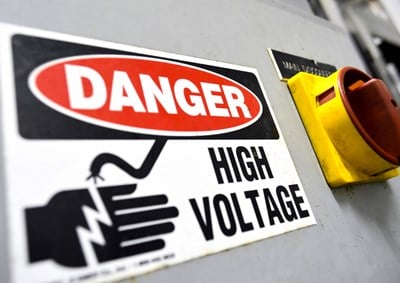Shock is a serious, often life-threatening medical condition and a leading cause of death for critically ill or injured people. Shock results when the body is not getting enough blood flow and may lead to hypoxia (a lack of oxygen in the body tissues) or cardiac arrest, in which the heart stops.
Shock may result from allergic reactions, poisoning, trauma or serious injury (including spinal injuries), heavy bleeding, dehydration or heatstroke. It may also be associated with heart problems, infections or damage to the nervous system.
Depending on the cause and type of shock, symptoms may include:
- Pale, cool, clammy skin.
- Restlessness, anxiety or agitation
- Drowsiness or fatigue
- Dizziness, light-headedness or faintness
- Profuse sweating, moist skin
- Irritability
- Thirst
- Rapid pulse
- Rapid, weak breathing
- Enlarged pupils
- Nausea or vomiting
- Blue tinge to lips or fingernails (or gray in the case of dark-complexions)
If the person is having or is suspected of having an allergic reaction, he or she may also be experiencing symptoms of anaphylaxis, which may lead to or overlap with shock symptoms.
To help someone in shock, first call for help (911 or your local emergency number) and then:
- Lay the person down, with his or her feet elevated about 12 inches (unless there is a head, neck or back injury or if you suspect broken bones in the hips or legs); do not elevate the head.
- Keep the person warm and comfortable, and loosen restrictive clothing.
- Do not give the person anything by mouth, including anything to eat or drink.
- Do not move the person unless he or she is in danger.
- Make sure the person is breathing and has a pulse. If the person is not breathing, and you are trained to do so, do rescue breathing
- Continue to check breathing every five minutes until help arrives.
- Take measures to control any bleeding.
- Provide appropriate first aid for any injuries or illnesses.
- If the person vomits or bleeds from the mouth, turn the person on his or her side to prevent choking (provided there is no suspicion of spinal injury).
- Do not wait for mild shock symptoms to get worse before seeking emergency help.
 American College of Emergency Physicians
American College of Emergency Physicians







